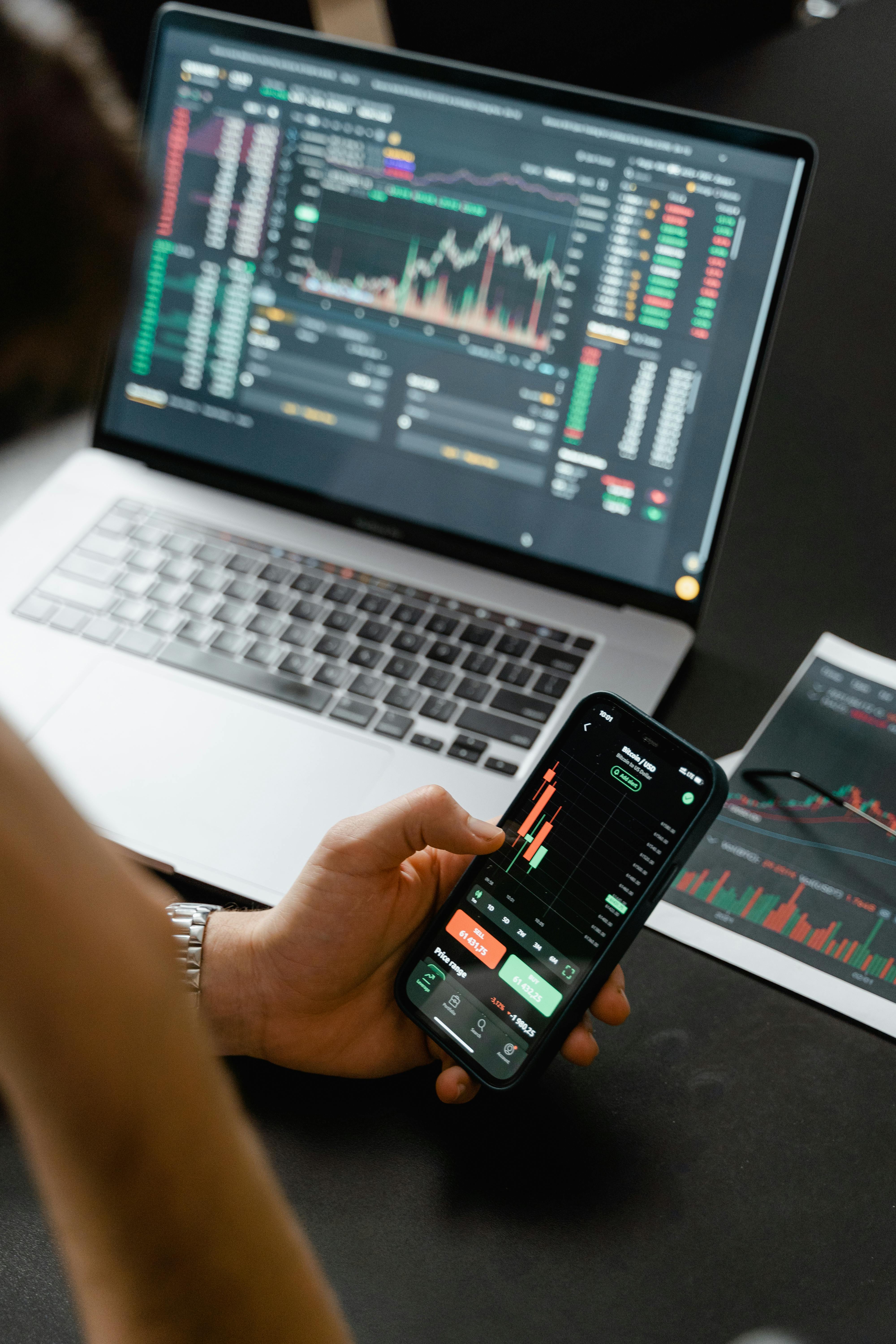
Integration of IoT with Blockchain for Asset Tracking: The Future of Decentralized Asset Management
Integration of IoT with Blockchain for Asset Tracking: Revolutionizing Digital Asset Management

The Convergence of IoT and Blockchain Technology
The integration of Internet of Things (IoT) technology with blockchain represents a groundbreaking approach to asset tracking and management in the digital and physical worlds. This synergy creates a robust, transparent, and secure ecosystem for tracking and verifying assets across various industries, from supply chain management to real-world asset (RWA) tokenization.
Technical Architecture and Implementation
The technical framework combining IoT and blockchain involves sophisticated sensor networks, distributed ledger technologies, and smart contract implementations. IoT devices collect real-time data about asset location, condition, and movement, while blockchain technology ensures immutable recording and verification of this information. This approach provides unprecedented levels of transparency and trust in asset management systems.
Top Blockchain Protocols for IoT Asset Tracking
1. VeChain (VET)
A leading blockchain platform specializing in supply chain management and IoT integration, VeChain offers comprehensive solutions for enterprise-level asset tracking. The protocol enables real-time monitoring of physical assets through blockchain-enabled IoT sensors.
2. IOTA
Designed specifically for IoT applications, IOTA utilizes a unique Tangle technology that allows for feeless microtransactions and scalable IoT device communication. Its architecture is particularly suited to machine-to-machine interactions and asset tracking.
3. Waltonchain
A blockchain solution that integrates RFID technology with IoT and blockchain, Waltonchain provides end-to-end supply chain management and asset tracking capabilities.
Market Analysis and Statistics
| Year | Global IoT Blockchain Market Size | CAGR |
|---|---|---|
| 2023 | $1.2 Billion | 56.2% |
| 2024 | $1.8 Billion | 59.5% |
| 2025 | $2.5 Billion | 62.3% |
Source: Global Market Insights, 2023 Report
Legal Frameworks Across Jurisdictions
The legal landscape for IoT and blockchain asset tracking varies significantly across different jurisdictions. In the United States, the Securities and Exchange Commission (SEC) has established guidelines for digital asset tracking and tokenization. The British Virgin Islands and Cayman Islands offer more flexible regulatory environments for blockchain-based asset management, while Swiss and Liechtenstein jurisdictions provide comprehensive legal frameworks for blockchain technologies.
Advanced Security Considerations
Security remains paramount in IoT and blockchain integration. Advanced encryption protocols, distributed consensus mechanisms, and zero-knowledge proof technologies ensure the protection of sensitive asset tracking data. Multi-layer security approaches combine hardware-level protection with cryptographic verification methods.
Future Implications
The future of asset tracking lies in the seamless integration of IoT sensors, blockchain technology, and artificial intelligence. Machine learning algorithms will enhance predictive maintenance, real-time monitoring, and automated verification processes. This convergence will transform industries such as logistics, healthcare, manufacturing, and financial services.
RWA.codes: Your Partner in Blockchain Innovation
At RWA.codes, we specialize in developing cutting-edge blockchain solutions that leverage IoT technologies for comprehensive asset tracking and management. Our expert team provides end-to-end services including:
- Custom blockchain integration
- IoT sensor network design
- Smart contract development
- Regulatory compliance consulting
- Advanced asset tokenization strategies
We bridge the gap between complex technological requirements and practical business implementations, ensuring our clients remain at the forefront of digital asset management innovation.